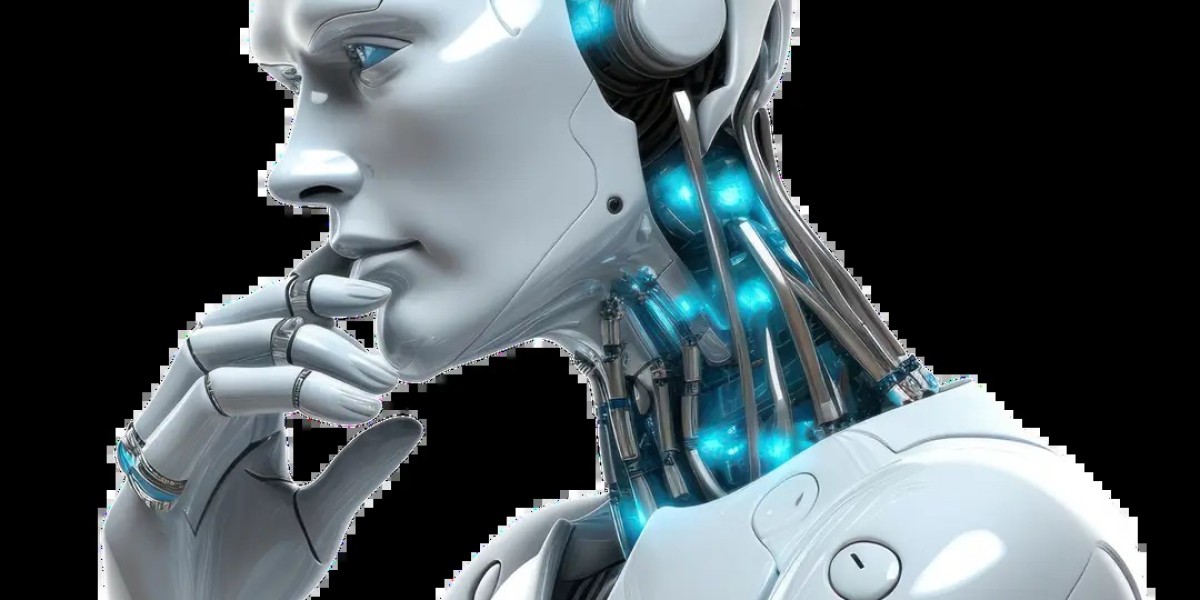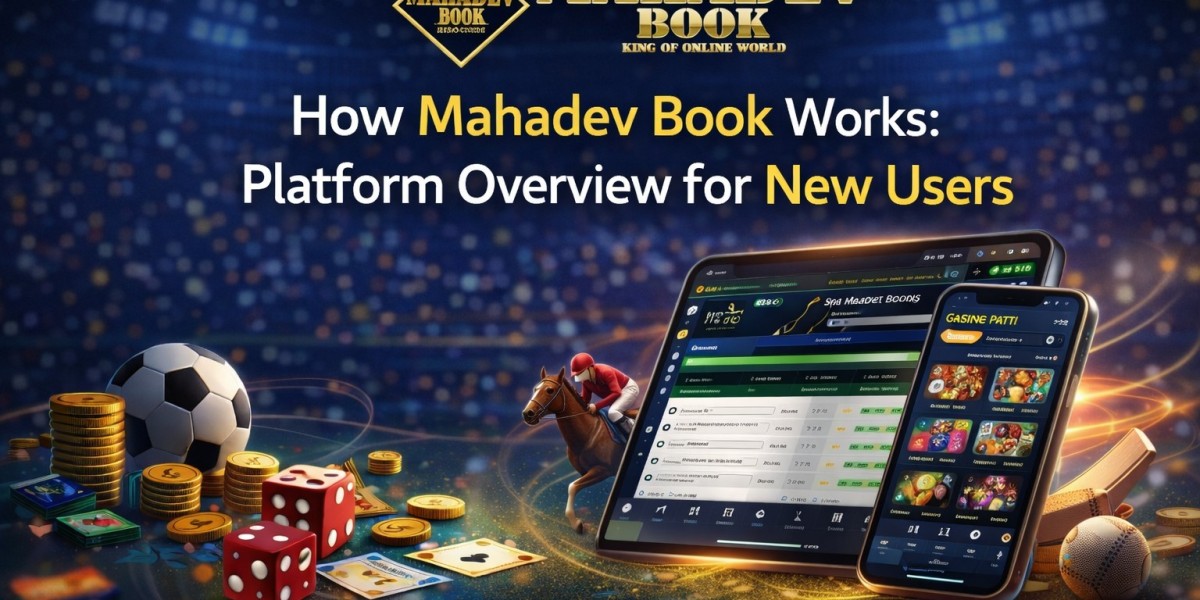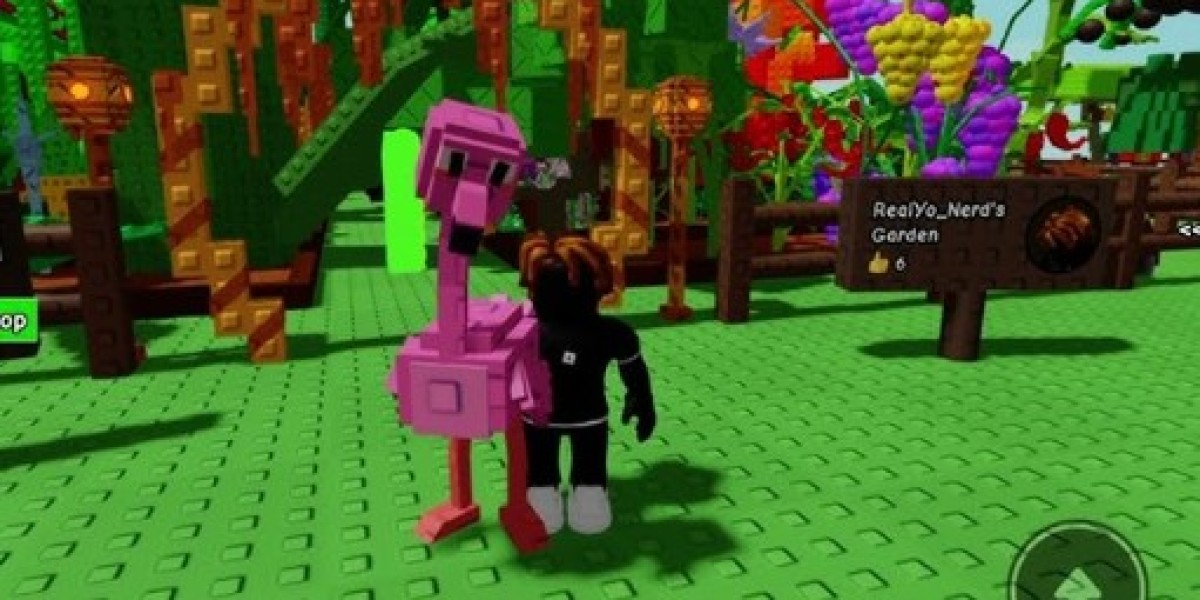In today’s competitive automotive landscape, the Sales Business Development Center (Sales BDC) isn't just a support function—it's the strategic heart of revenue generation and customer engagement. Acting as the command center between potential buyers and the sales team, a Sales BDC transforms digital interest into showroom appointments, ultimately fueling dealership success.
What Is a Sales BDC?
A Sales BDC is a specialized team within a dealership responsible for managing and converting incoming inquiries. Whether through phone, email, text, social media, or chat, Sales BDC agents capture leads, qualify them, nurture engagement, and set appointments. Their focus is ensuring that high-intent customers are guided into a sales-ready funnel.
It’s no longer just about fielding calls—it’s about proactively engaging leads across channels, building relationships, and equipping the sales floor with primed prospects. With modern consumers expecting instant and seamless engagement, the Sales BDC has emerged as a critical player in meeting those expectations.
The Art and Science of Sales BDC Operations
Proactive Lead Management
Top-performing Sales BDCs don't wait—they reach out. They manage the entire continuum of lead activity, from initial capture to scheduled appointments and beyond. The benchmark? Responding to leads within five minutes—a practice shown to significantly boost conversion rates.
Omnichannel Presence
Consistency across communication channels matters. Customers may reach out via text, email, web form, chat, or social media. Sales BDC teams ensure they're listening and responding on every front—providing a unified, customer-centric experience.
Intelligent Lead Qualification
Not all leads are equal. Sales BDCs use qualification frameworks that assess intent, budget, timeline, and readiness—prioritizing follow-up where it matters most and routing promising leads to the sales team.
Personalized and Value-Based Engagement
The best Sales BDCs speak directly to individual needs. They avoid generic messaging and instead, use customer data and history to craft conversations that feel tailored—emphasizing the value and benefits relevant to each prospect’s profile.
Appointment Coordination & Hand-Offs
A smooth handoff is a hallmark of Sales BDC efficiency. Agents confirm schedules, deliver appointment details, and transfer hot leads to dealership staff with context intact—minimizing friction and maximizing readiness.
Relationship Building Beyond the Sale
Sales BDC work doesn’t stop with appointments. Post-sale, the team nurtures retention through service reminders, trade-in outreach, and loyalty offers—extending customer lifetime value.
Technology & Automation: Amplifying Sales BDC Impact
Seamless System Integration
A modern Sales BDC integrates deeply with CRM platforms, Dealer Management Systems (DMS), marketing tools, and communication channels. This ensures that no lead goes unsynced and every interaction is tracked.
Automation & AI Enablement
Automated follow-up sequences—via SMS, email, or voice—keep prospects engaged consistently. AI tools further enhance operations by analyzing behavior, predicting lead readiness, sending timely prompts, and freeing human agents for high-impact tasks.
Dashboarding & Analytics
Data is the lifeblood. Sales BDCs track key metrics—response times, conversion rates, show rates, and revenue per lead—to inform strategy and spotlight areas for improvement.
Enhanced Call Handling & Routing
Advanced systems detect caller intent and sentiment, directing leads to the right agent or resource. This ensures high-priority leads get fast, appropriate attention.
Core Strategies for Sales BDC Success
Immediate Engagement
Fast response matters. Lead response timelines of under five minutes significantly increase contact likelihood and engagement success.Consistent Multi-Channel Communication
Every platform matters. Teams must monitor channels in parallel, ensuring unified messaging and quick replies across the board.Rigorous Qualification & Prioritization
Implement structured scoring systems to prioritize follow-up based on purchase intent, financial readiness, and urgency.Personalized Outreach & Value Alignment
Customize your messaging using what you know about the lead. Focusing on benefits, not just price, builds trust and connection.Efficient Appointment Setting & Transfers
Smooth scheduling and warm hand-offs preserve lead momentum as prospects move from digital to in‑person.Post-Sale Engagement for Retention
Keep communication going. A successful conversion is also an opportunity for long-term engagement via service scheduling and loyalty programs.Ongoing Staff Training
Equip BDC teams with product knowledge, CRM tools, effective messaging techniques, and objection-handling strategies for consistently strong performance.Measure, Analyze, Optimize
Track KPIs such as contact-to-appointment ratios, show rates, response times, and revenue per lead. Use data to refine workflows and messaging continually.
KPIs to Track for Sales BDC Excellence
| Metric | Purpose |
|---|---|
| Lead Response Time | Assesses speed of initial outreach |
| Contact-to-Appointment Ratio | Indicates effectiveness in engagement |
| Appointment Show Rate | Measures conversion success from appointment setup |
| Lead-to-Sale Conversion Rate | Reflects overall effectiveness of BDC funnel |
| Revenue per Lead | Assesses return on engagement efforts |
Monitoring these KPIs enables Sales BDC leaders to pinpoint performance bottlenecks and recognize opportunities to optimize workflows.
The Evolving Future of Sales BDC
AI-Powered BDC Operations: AI systems will take over initial outreach, follow-up automation, and administrative tasks—enabling human agents to focus on value-rich interactions and closing deals.
Personalization at Scale: Data-driven insights will allow messaging tailored to customer preferences and behavior—across hundreds or thousands of leads—without sacrificing efficiency.
Enhanced Digital Touchpoints: From chat to social to text, Sales BDCs will meet customers where they already are, integrating these platforms into seamless engagement paths.
End-to-End Customer Experiences: Sales BDCs will evolve from lead generation hubs into full-cycle engagement platforms—from inquiry to purchase to service retention.
Unified, Intelligent Workflows: The boundaries between marketing, BDC, sales, and service will blur—forming integrated systems that guide customers through frictionless journeys.
A Sales BDC is the engine that transforms interest into measurable results—whether leads, appointments, or revenue. Through rapid responses, omnichannel engagement, personalized communication, and seamless hand-offs, they drive efficiency and customer satisfaction.
By embracing technology, automation, and continuous improvement, dealerships can build resilient, scalable Sales BDC systems. These centers not only generate more leads and appointments but also foster long-lasting customer relationships—positioning dealerships for sustained success.








